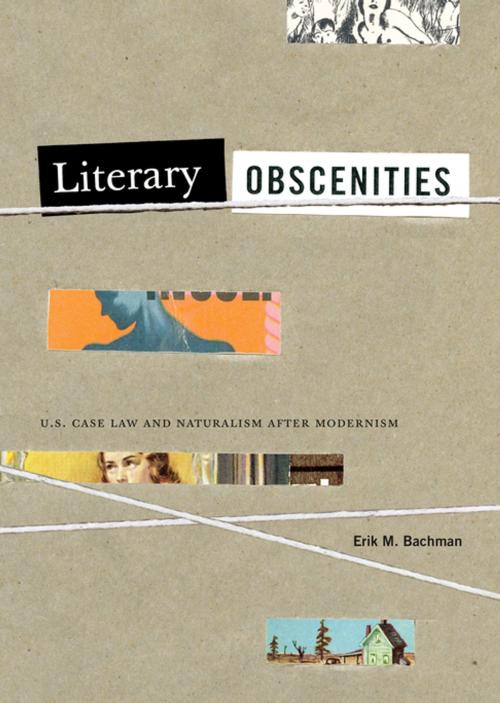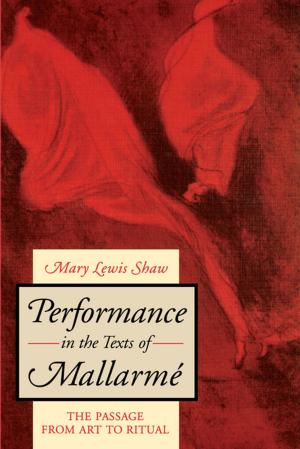Literary Obscenities
U.S. Case Law and Naturalism after Modernism
Nonfiction, Reference & Language, Law, Media & the Law, Fiction & Literature, Literary Theory & Criticism, British, American| Author: | Erik M. Bachman | ISBN: | 9780271081670 |
| Publisher: | Penn State University Press | Publication: | April 26, 2018 |
| Imprint: | Penn State University Press | Language: | English |
| Author: | Erik M. Bachman |
| ISBN: | 9780271081670 |
| Publisher: | Penn State University Press |
| Publication: | April 26, 2018 |
| Imprint: | Penn State University Press |
| Language: | English |
This comparative historical study explores the broad sociocultural factors at play in the relationships among U.S. obscenity laws and literary modernism and naturalism in the early twentieth century. Putting obscenity case law’s crisis of legitimation and modernism’s crisis of representation into dialogue, Erik Bachman shows how obscenity trials and other attempts to suppress allegedly vulgar writing in the United States affected a wide-ranging debate about the power of the printed word to incite emotion and shape behavior.
Far from seeking simply to transgress cultural norms or sexual boundaries, Bachman argues, proscribed authors such as Wyndham Lewis, Erskine Caldwell, Lillian Smith, and James T. Farrell refigured the capacity of writing to evoke the obscene so that readers might become aware of the social processes by which they were being turned into mass consumers, voyeurs, and racialized subjects. Through such efforts, these writers participated in debates about the libidinal efficacy of language with a range of contemporaries, from behavioral psychologists and advertising executives to book cover illustrators, magazine publishers, civil rights activists, and judges.
Focusing on case law and the social circumstances informing it, Literary Obscenities provides an alternative conceptual framework for understanding obscenity’s subjugation of human bodies, desires, and identities to abstract social forces. It will appeal especially to scholars of American literature, American studies, and U.S. legal history.
This comparative historical study explores the broad sociocultural factors at play in the relationships among U.S. obscenity laws and literary modernism and naturalism in the early twentieth century. Putting obscenity case law’s crisis of legitimation and modernism’s crisis of representation into dialogue, Erik Bachman shows how obscenity trials and other attempts to suppress allegedly vulgar writing in the United States affected a wide-ranging debate about the power of the printed word to incite emotion and shape behavior.
Far from seeking simply to transgress cultural norms or sexual boundaries, Bachman argues, proscribed authors such as Wyndham Lewis, Erskine Caldwell, Lillian Smith, and James T. Farrell refigured the capacity of writing to evoke the obscene so that readers might become aware of the social processes by which they were being turned into mass consumers, voyeurs, and racialized subjects. Through such efforts, these writers participated in debates about the libidinal efficacy of language with a range of contemporaries, from behavioral psychologists and advertising executives to book cover illustrators, magazine publishers, civil rights activists, and judges.
Focusing on case law and the social circumstances informing it, Literary Obscenities provides an alternative conceptual framework for understanding obscenity’s subjugation of human bodies, desires, and identities to abstract social forces. It will appeal especially to scholars of American literature, American studies, and U.S. legal history.















